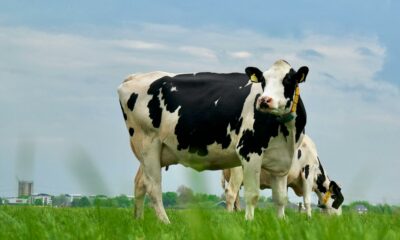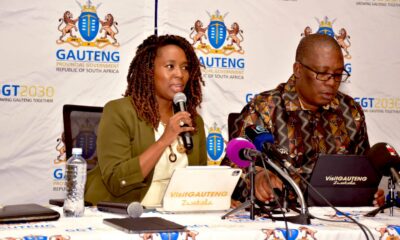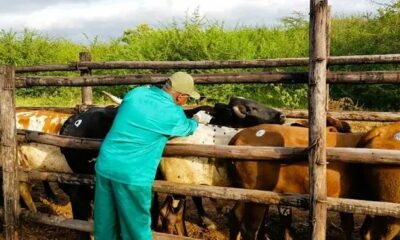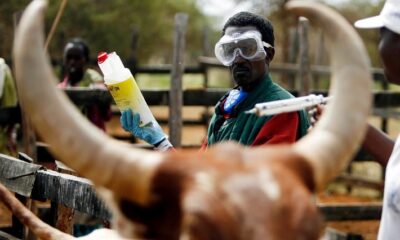News
South Africa’s Battle with Foot-and-Mouth Disease Needs More Than Just Vaccines
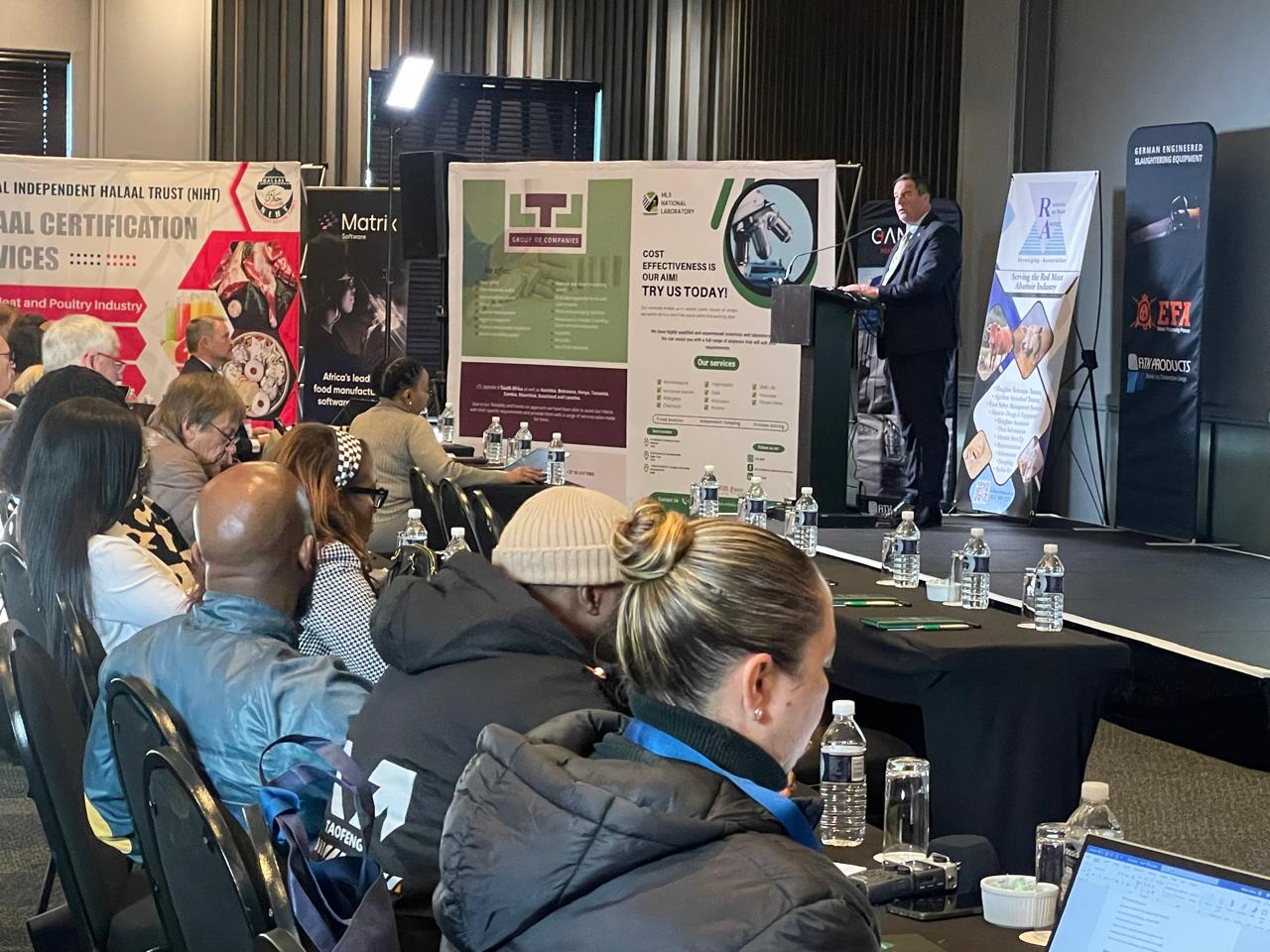
Livestock sector calls for urgent biosecurity and vaccine overhaul as outbreak bites into farmer incomes and exports
The sight of empty cattle pens at major auctions has become an unsettling reality for farmers across parts of South Africa, as the country scrambles to contain another wave of foot-and-mouth disease (FMD). But while government has stepped in with emergency vaccine buys, industry leaders are warning: quick fixes won’t cut it anymore.
A crisis years in the making
For many in South Africa’s red meat industry, the latest FMD outbreak isn’t just a flare-up — it’s a symptom of systemic neglect. At the Red Meat Abattoir Association (RMAA) conference in Gauteng, the message from both government and private stakeholders was clear: the country’s ability to prevent, trace, and respond to livestock diseases is falling short.
Agriculture Minister John Steenhuisen opened the event with news of a R42 million emergency vaccine procurement deal with the Botswana Vaccine Institute. “We’ve secured 900,000 doses,” he said. “Vaccination begins immediately in hotspot areas like Potchefstroom, where the outbreak is already disrupting the economy.”
But as Steenhuisen himself acknowledged, this isn’t a long-term fix. “The real goal is to build domestic capacity to produce our own vaccines, reduce dependency, and respond faster in the future.”
Why traceability and trust matter
RMAA general manager Gerhard Neethling didn’t sugarcoat the situation. “We’ve had FMD before, but this outbreak has exposed real weaknesses in our biosecurity systems,” he said. “We need to move from fire-fighting to prevention — and that starts with traceability.”
That’s not just internal talk. International markets are watching closely. Export partners increasingly demand full transparency: where the animal came from, what it ate, what drugs it received. Without robust traceability systems, South Africa risks being locked out of lucrative global beef markets.
“We can’t expect trust from buyers if we can’t prove what’s happening on the ground,” said Neethling.
Farmers under pressure
While the national conversation leans heavily on policy and trade, on-the-ground reality for cattle farmers is becoming increasingly desperate.
“Restrictions on cattle movement are hurting livelihoods,” said Neil Venter, RMAA chairperson. “Facilities like Karan Beef have been hit hard, and prices are spiking even though demand hasn’t changed. It’s not sustainable.”
Some farmers have turned to informal markets to make ends meet, a move that ironically fuels further spread of the disease.
Reckless auctions, porous borders
Minister Steenhuisen warned that part of the crisis lies with illegal or poorly regulated auctions. “People are moving animals without proper screening or tracking. That undermines everything.”
He confirmed new regulations around auctions and animal movement would be signed “within days,” promising harsh penalties for violations.
Another major concern is cross-border transmission. Buffalo and other wild animals have breached game fences in the north, mingling with livestock. Add to that porous borders with Lesotho and Zimbabwe, and the containment effort becomes a regional puzzle.
“We’re working with Home Affairs and the Border Management Authority to re-establish buffer zones,” Steenhuisen said.
A chance for reform
Despite the bleak picture, there’s cautious hope within the industry that this crisis could force overdue change.
“We’re in talks with the department more than ever,” said Neethling. “But we need a clear, consistent plan — not just emergency fixes when things go wrong.”
South Africa was once a trusted global supplier of red meat. If it wants to retain that status, the country must show the world that it can respond to disease outbreaks swiftly, transparently, and professionally. That means not only better vaccines and tighter controls, but also long-term trust built on accountability.
“Producers who commit to traceability and biosecurity will thrive,” Steenhuisen said. “Those who don’t will be left behind.”
FMD may be a recurring challenge, but this outbreak feels different. The stakes are higher. The cracks more visible. For farmers, traders, and exporters, the message is clear: this isn’t just a veterinary issue, it’s an economic and reputational one.
And unless South Africa acts decisively, the cost of inaction could be felt far beyond the farm gates.
South Africa Takes Aim at Bird Flu with First-Ever National Vaccine Drive
{Source: IOL}
Follow Joburg ETC on Facebook, Twitter , TikTok and Instagram
For more News in Johannesburg, visit joburgetc.com



